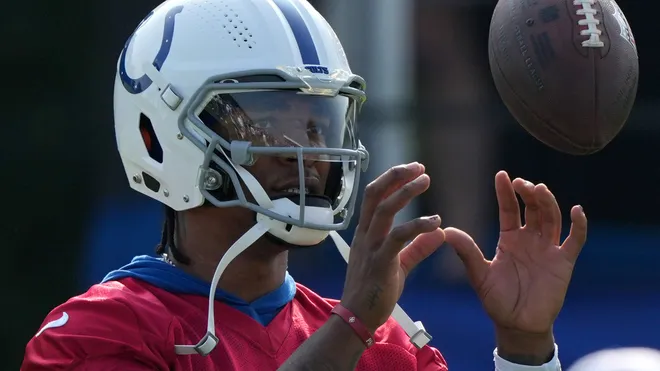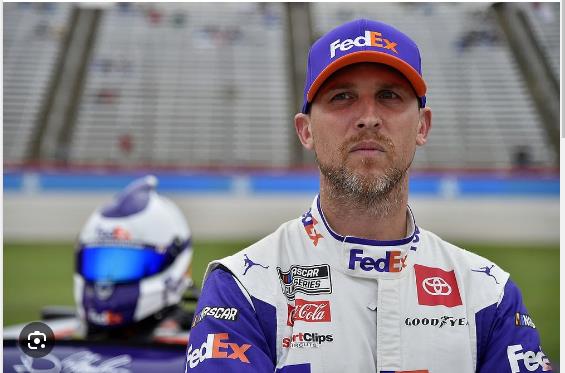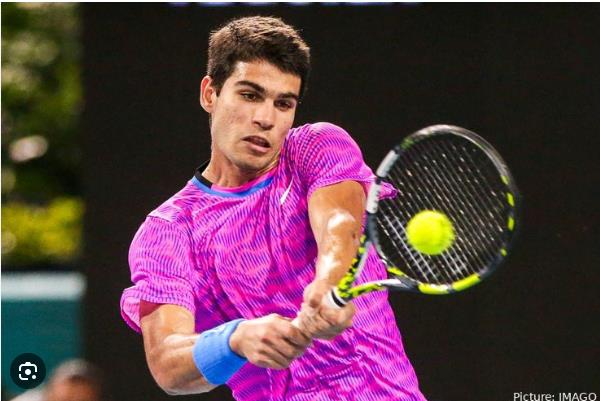Anthony Richardson, the promising quarterback for the Indianapolis Colts, has recently made headlines not just for his on-field performances but also for a compelling personal stance: “No” to an aspect of modern sports culture that he believes is detrimental to the well-being of athletes.

Richardson’s decision to say “no” revolves around the culture of overwork and burnout that can pervade professional sports. In a time where athletes are often pushed to their limits to achieve peak performance, Richardson is advocating for a more balanced approach to training and mental health. His stance is a reaction to the intense pressures that athletes face, which can sometimes lead to physical and mental exhaustion.
In many sports, including football, there is a pervasive belief that more is always better—that extra hours of training and relentless dedication are the keys to success. However, Richardson is challenging this notion by emphasizing the importance of rest, recovery, and mental well-being. His approach is informed by his personal experiences and observations of the demanding nature of professional sports.
Richardson’s decision to say “no” to this relentless grind is not about shirking responsibilities or avoiding hard work; rather, it’s about advocating for a healthier, more sustainable approach to athletic performance. He believes that athletes should prioritize their mental health, take time to recover from injuries, and avoid the extremes of overtraining.
The push for mental health awareness and balanced lifestyles is becoming increasingly relevant in the sports world. Athletes are often seen as mere machines, expected to perform at high levels continuously. However, Richardson’s stance highlights the need for a shift in mindset, recognizing that mental and physical health are crucial for long-term success.
Richardson’s advocacy is also about leading by example. By openly rejecting the traditional pressures of constant hustle, he hopes to inspire both current and future athletes to embrace a more holistic approach to their careers. His message is clear: sustained success is not about pushing oneself to the brink but about maintaining a balance that supports overall well-being.
In conclusion, Anthony Richardson’s decision to say “no” to the culture of overwork in sports underscores a growing recognition of the importance of mental health and balanced training. His stance is a bold statement against the relentless pressures of professional athletics and a call for a more thoughtful, sustainable approach to achieving excellence.



